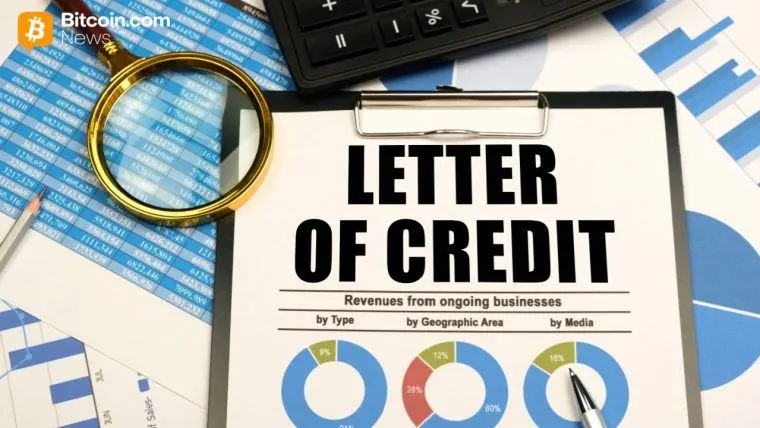A group of U.S. senators led by Senate Banking Committee Chairman Tim Scott (Republican-South Carolina) has proposed legislation aimed at modernizing the Bank Secrecy Act, the foundation of the U.S. anti-money laundering (AML) framework.
The Bank Secrecy Act was passed in 1970 and requires banks, credit unions, and other financial institutions to assist federal authorities in detecting and preventing financial crimes, including money laundering, terrorist financing, and related illegal activities.
The proposed legislation, known as the STREAMLINE Act, will raise its reporting thresholds for the first time in over 50 years since the creation of the Bank Secrecy Act.
The bill will increase the currency transaction report (CTR) threshold from $10,000 to $30,000, raise the suspicious activity report (SAR) threshold from $2,000 to $3,000, and from $5,000 to $10,000, while requiring the Treasury Department to adjust these amounts every five years to account for inflation.
Under current law, financial institutions must submit a CTR for cash transactions exceeding $10,000 and an SAR for transactions involving $2,000 to $5,000, depending on the level of suspicion or evidence of criminal activity.
Senator Pete Ricketts, who supports the bill, stated, "After more than 50 years of inflation, the reporting thresholds of the Bank Secrecy Act are severely outdated. They need to be modernized."
He added that the new legislation "reduces red tape for banks and credit unions" while ensuring that "law enforcement still has the tools they need to do their jobs."
Cryptocurrency exchanges in the U.S., such as Coinbase and Kraken, are also required to comply with the Bank Secrecy Act.
As lawmakers propose broader financial regulations, industry groups are ramping up policy engagement.
On Tuesday, fintech and cryptocurrency industry trade groups sent a letter to the U.S. Consumer Financial Protection Bureau (CFPB), urging it to finalize an open banking rule that confirms individuals, rather than banks, own their financial data.
Open banking allows consumers to share financial data with third-party applications via APIs, serving as a key link between traditional finance and areas such as decentralized finance (DeFi), cryptocurrency payment networks, and digital banking platforms.
Meanwhile, Senate Democrats held talks with cryptocurrency industry leaders regarding the U.S. Market Structure Bill, which is the Senate counterpart to the House CLARITY Act, aimed at creating a unified federal framework for digital asset regulation. On Wednesday, Senator Kirsten Gillibrand and several other Senate Democrats met with cryptocurrency industry leaders from companies like Circle, Ripple, Kraken, Coinbase, and Chainlink.
According to journalist Eleanor Terrett's report on the X platform, "The senators as a whole expressed their commitment to completing a bill."
The U.S. government has been shut down since October 1, marking the third-longest shutdown in U.S. history. It is unlikely that a vote on the digital asset market structure bill will take place before the government reopens.
Related: Coinbase CEO reveals Base is building a "privacy trading" feature
Original article: U.S. Congress pushes for first revision of Bank Secrecy Act reporting thresholds in 50 years
免责声明:本文章仅代表作者个人观点,不代表本平台的立场和观点。本文章仅供信息分享,不构成对任何人的任何投资建议。用户与作者之间的任何争议,与本平台无关。如网页中刊载的文章或图片涉及侵权,请提供相关的权利证明和身份证明发送邮件到support@aicoin.com,本平台相关工作人员将会进行核查。




